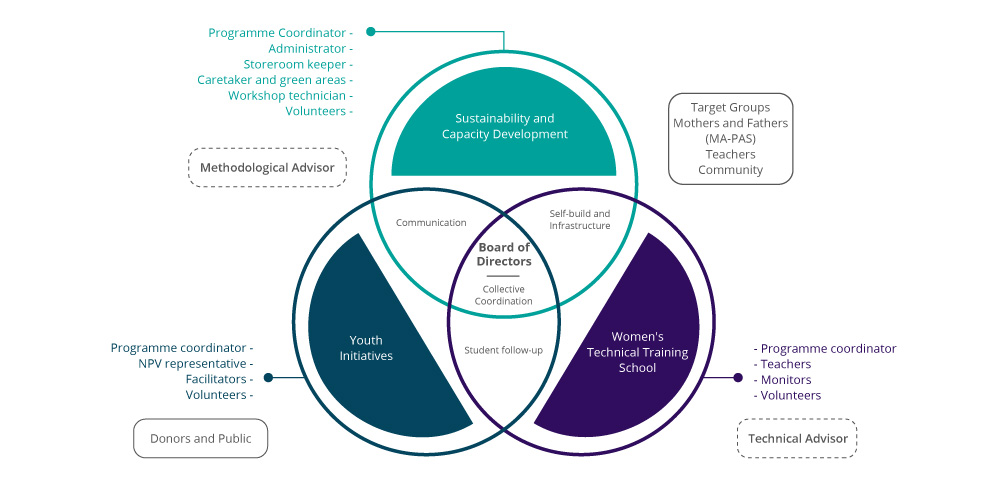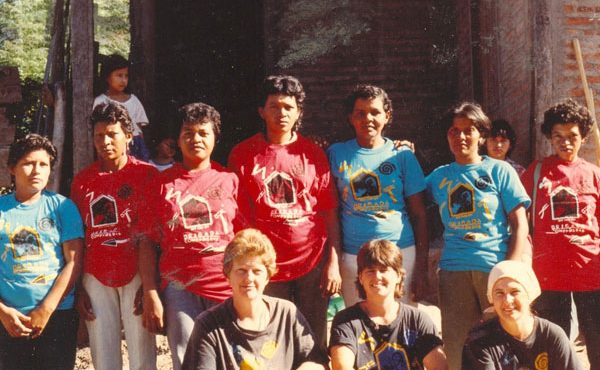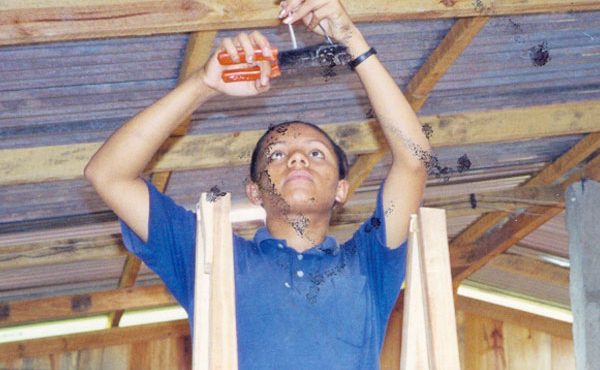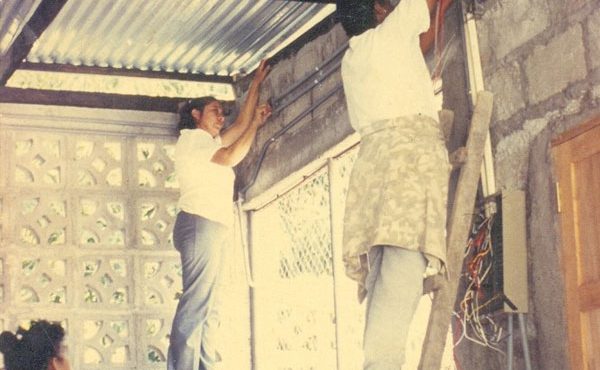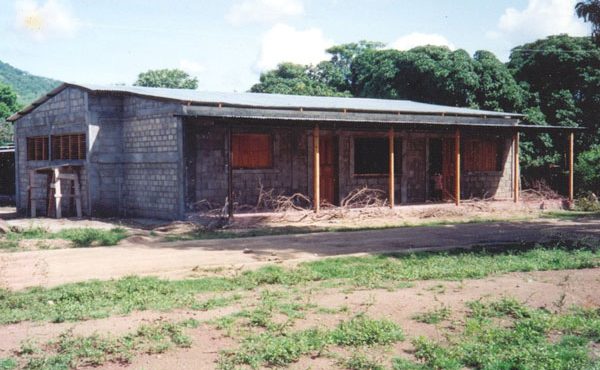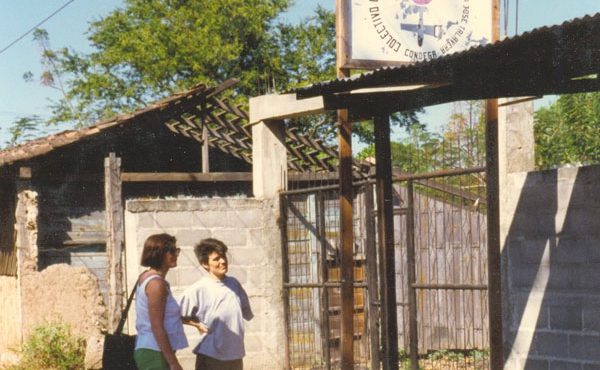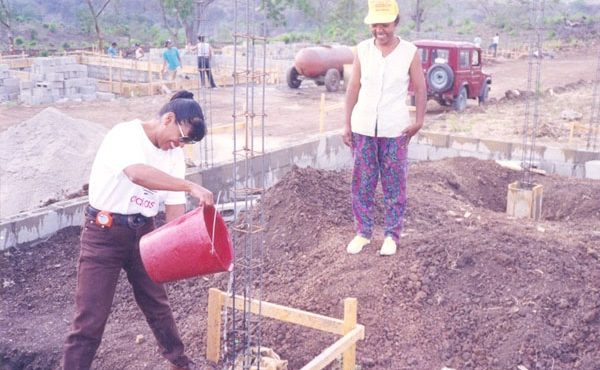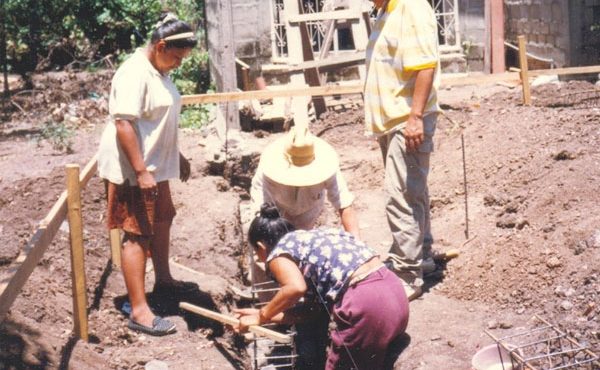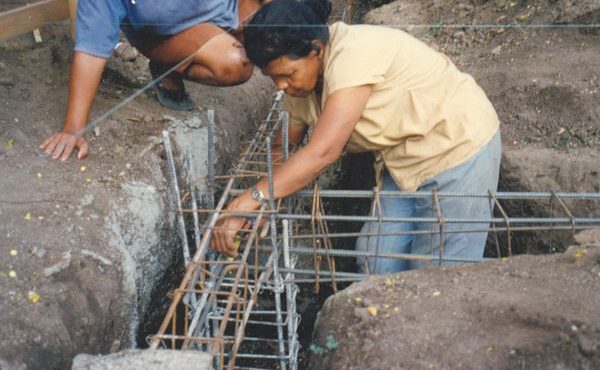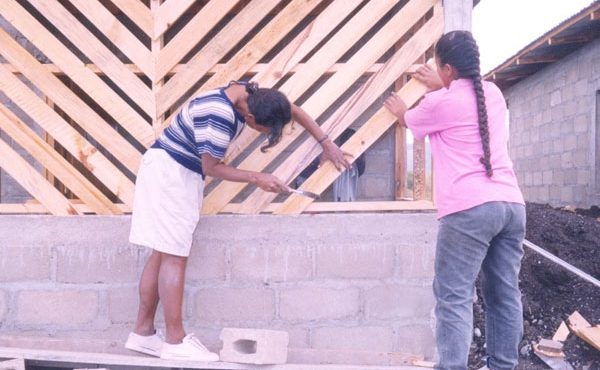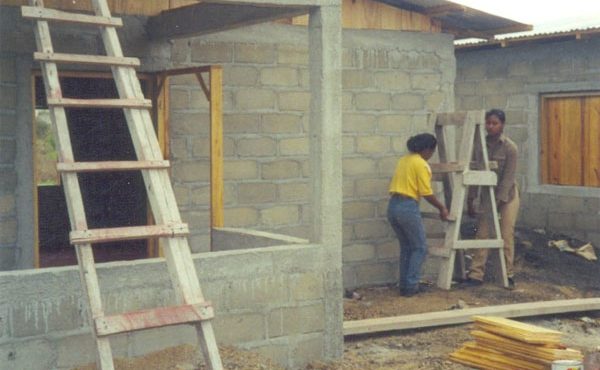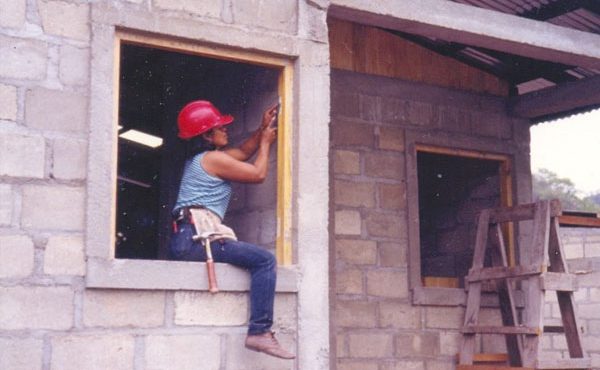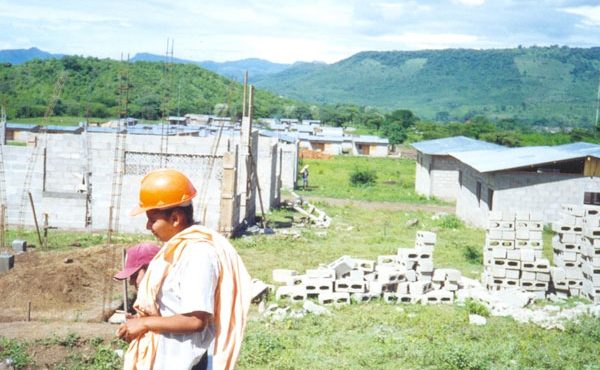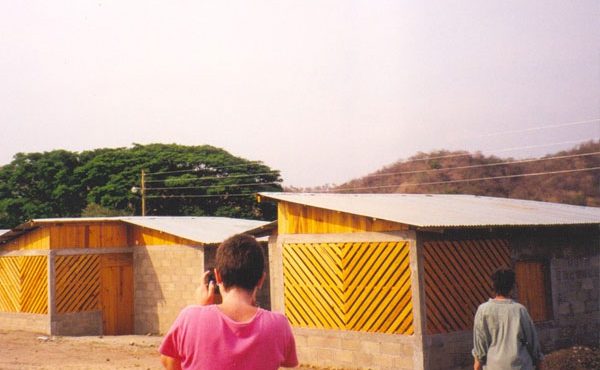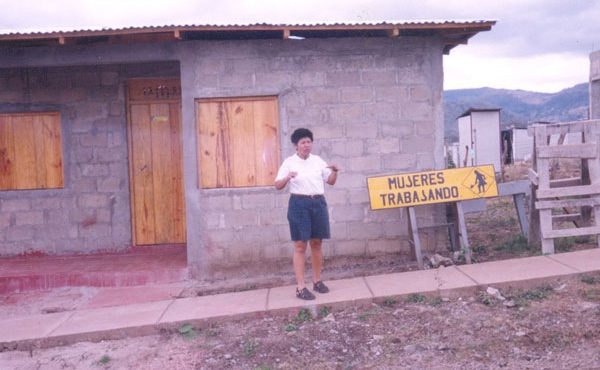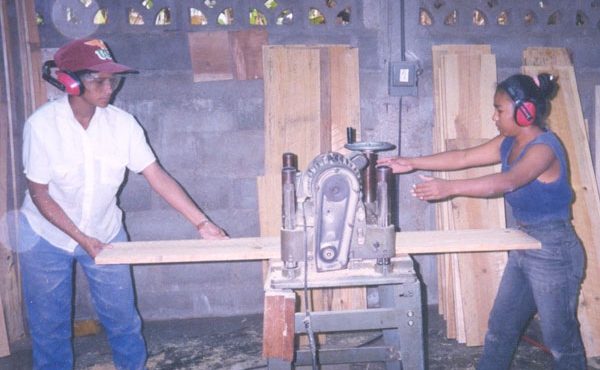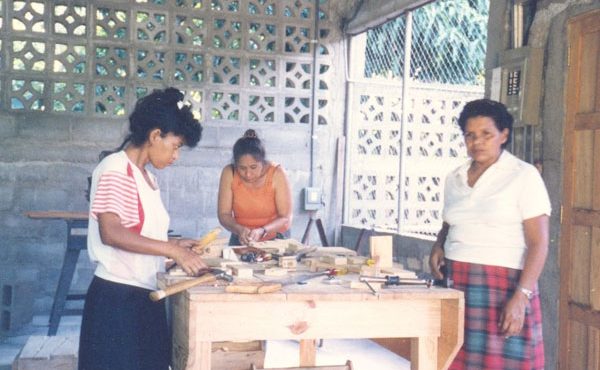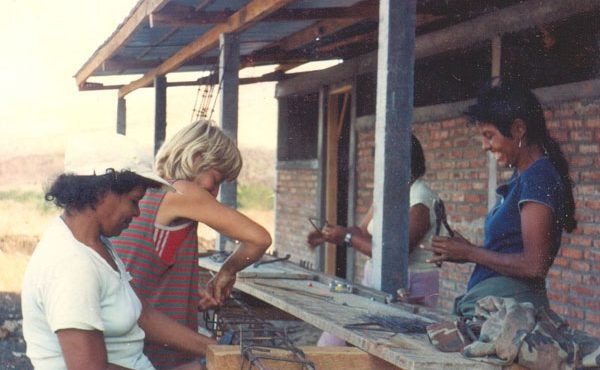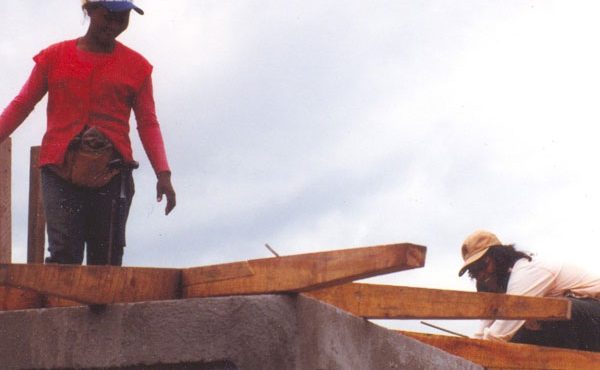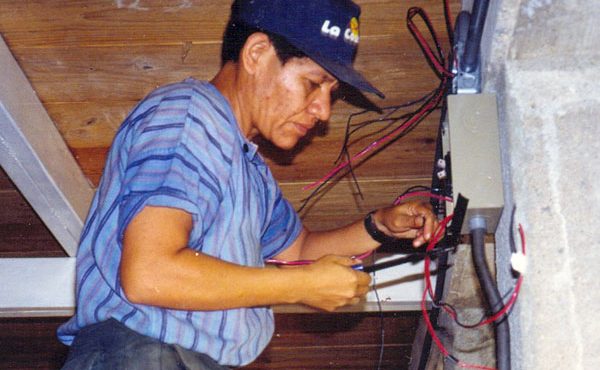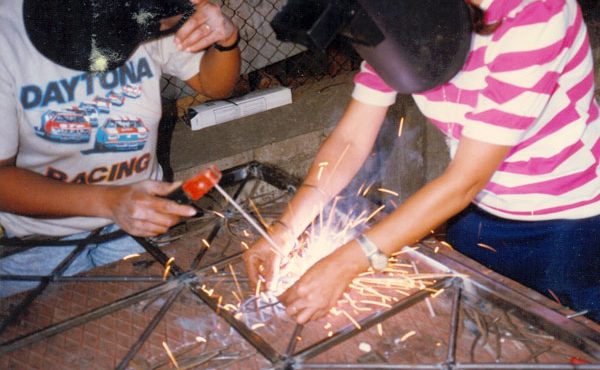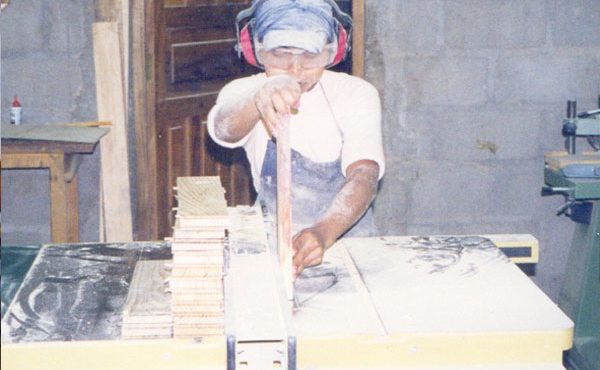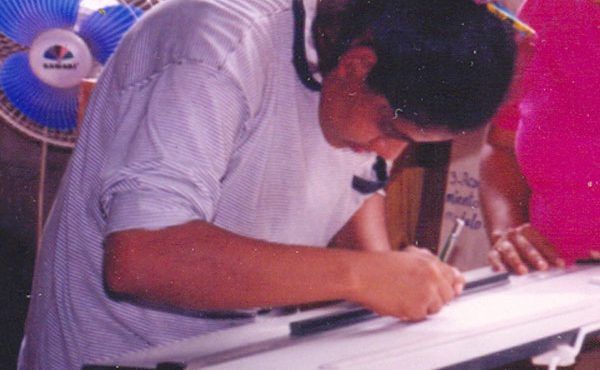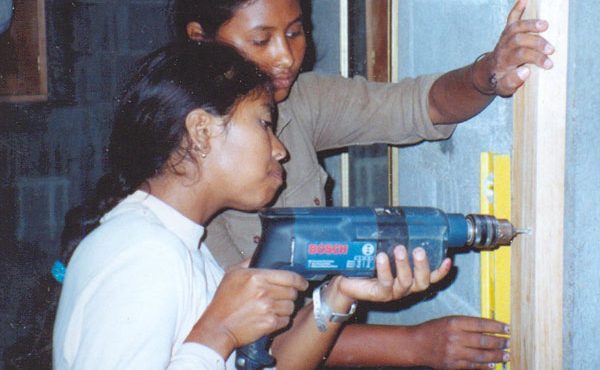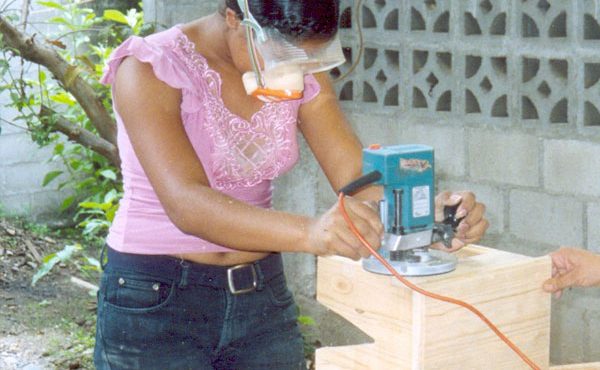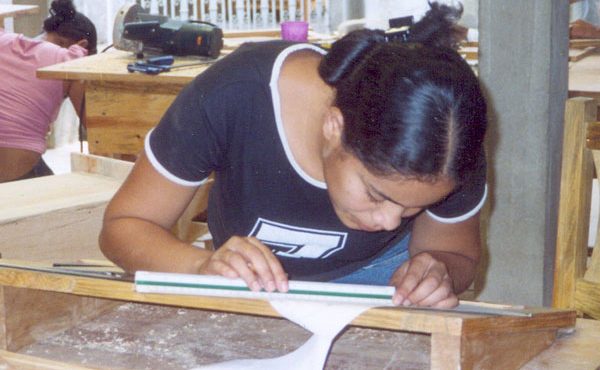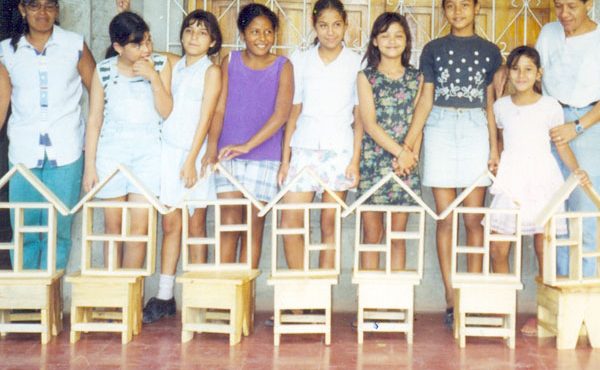Association Women Builders of Condega (AMCC): We are a non-profit civil organization that works to promote processes in economic, political and ideological empowerment and for the full exercise of citizenship for women, youth and adults, in northern Nicaragua.
Driving Values
Gender equality and equal opportunities
Equal rights and opportunities by and for women for a participation that aims at the conscious deconstruction of discriminatory or sexist models.
Respect for diversity and sexual options
Recognition, acceptance and respect for ideologies, political and religious creeds, ethnicity, culture and customs, socio-economic, gender and generational status, different capacities and sexual options.
Equal political participation
Women’s empowerment is a necessary process, to achieve full citizenship, undertake and promote own initiatives.
Autonomy and economic independence
The ability to make informed life decisions, freely and responsibly, to work and create conditions that contribute to the improvement of the quality of life and sustainability.
Personal and collective growth
Humans need to value ourselves physically, spiritually, culturally, intellectually and professionally, seeking development and improvement, acknowledging that mistakes are part of learning. A maturity that includes our personal and collective knowledge and capability.
Personal integrity and coherence
Discourse and practice that ethically achieves fairness at all levels. A leadership model that treats other people as equals.
Conservation of the environment
Being consistent with the environment, developing a sense of integrity and taking it on as a way of life, seeking a suitable environment for life implies caring, not harming.
History
We started in 1987, as a group of women, which formed itself around the building of a primary school in the municipality of Condega (Estelí, Nicaragua) and later as a registered NGO in 1990. In 1993, we finished building our own premises, we set up the Training Workshop for women in “non-traditional trades” and we worked making furniture and other wooden products. We took up building again with a team of women, expanding our premises in 1997 and after Hurricane Mitch in 1998, worked from 1999 to 2001 in the reconstruction of homes for women.
In 2005 we founded the Women’s Technical Training School (educational centre which is accredited by the National Technological Institute – INATEC), offering basic one year technical courses aimed at young women. In 2007, we expanded to include specialization courses; renewable energy and craft technologies (zinc welding, photovoltaic solar energy systems, amongst others). Since 2009, we have strengthened the work on sexual and reproductive rights with young women, forming the youth group Nací para Volar (Born to Fly).
We began to experiment with improved adobe construction as a sustainable and appropriate construction system, earth building being a local tradition, which is still in use in the region. In 2012, we offered the first earth building courses on our new premises, where we moved to in 2014, when there were sufficient facilities to be able project our work and self-build the Technological and Ecological Youth Centre, designed as part of a participative process and updated periodically. All this has been the result of five yearly strategic planning since 1997.
Association Women Builders of Condega – AMCC
Internal structure
